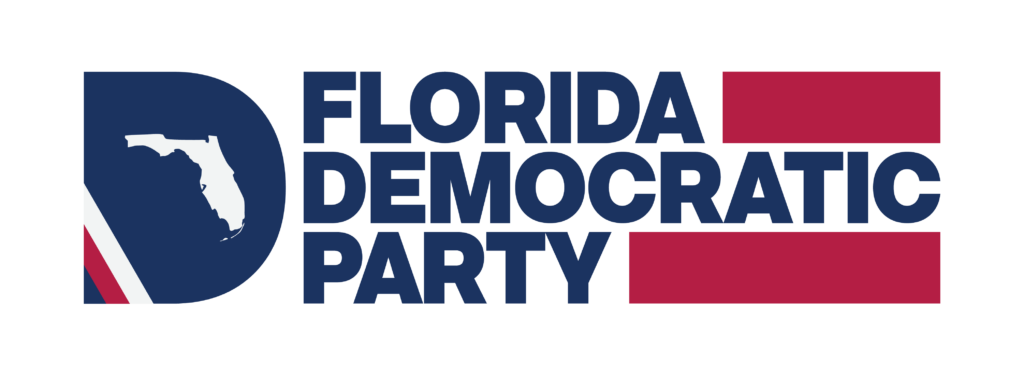In the News
From Washington to Tallahassee, Rick Scott and Congressman Webster Spiking Cost of College for Students


Tallahassee — From Washington to Tallahassee, Republicans like Rick Scott and Congressman Webster are making students and their families pay more. After years of tuition hikes under Rick Scott, in just a few short weeks Florida students and their families will see their tuition spike again because Florida Republicans in Congress – like Congressman Dan Webster — voted to spike the cost of college for Florida’s middle class students.
That’s why today, the President of the University of Central Florida College Democrats issued the following statement:
“Republicans like Rick Scott and our Representative, Congressman Dan Webster, are forcing students and their families to pay more education,” said Mikaela Mendoza, President of the UCF College Democrats. “After years of tuition hikes under Scott, loan rates are set to spike in just a few weeks because Congressman Dan Webster is putting the dysfunctional politics of Washington over middle class families in central Florida. Education is the key to growing our economy, but from Tallahassee to Washington, Republicans like Rick Scott and Congressman Webster are showing once again that they can’t be trusted to help make education affordable and accessible for central Florida’s student and their families.”
###
BACKGROUND:
Congressman Webster, Southerland and Young Voted to Raise Student Loan Interest Rates Up to 8.5 Percent. [H.R. 1911, Vote #183, 5/23/13]
AP: House Republican Plan Would Raise Student Loan Interest Rates Up to 8.5 Percent. According to the Associated Press: “Under the GOP proposal, student loans would be reset every year and based on 10-year Treasury notes, plus an added percentage. For instance, students who receive subsidized or unsubsidized Stafford student loans would pay the Treasury rate, plus 2.5 percentage points. Using Congressional Budget Office projections, that would translate to a 5 percent interest rate on Stafford loans in 2014, but the rate would climb to 7.7 percent for loans in 2023. Stafford loan rates would be capped at 8.5 percent, while loans for parents and graduate students would have a 10.5 percent ceiling under the GOP proposal.” [Associated Press, 5/16/13]
Under the “Students Pay More” Act, Graduates Would Pay Almost $5,000 More in Student Loan Interest. The Associated Press reported: “In real dollars, the GOP plan would cost students and families heavily, according to the nonpartisan Congressional Research Service. The office used the CBO projections for Treasury notes’ interest rates each year. Students who max out their subsidized Stafford loans over four years would pay $8,331 in interest payments under the Republican bill, and $3,450 if rates were kept at 3.4 percent. If rates were allowed to double in July, that amount would be $7,284 over the typical 10-year window to repay the maximum $19,000.” If the Republican plan were implemented, college graduates would pay $4,881 more in interest, compared to the current rate. [Associated Press, 5/16/13]
Scott Approved Hiking Tuition 13% in His First Two Years. “While Scott proudly vetoed a 3 percent tuition hike last month, his 2011 budget included an 8 percent hike for students, at a cost of roughly $50 million. Scott also approved a 5 percent tuition increase for state colleges in 2012, saying that “colleges remain best positioned to weigh the needs of their institutions against the burden of increased student costs.” [Tampa Bay Times, 5/31/13]
Rick Scott Signed 20% Drop in Bright Futures Scholarships Into Law. “Florida students seeking college degrees during these difficult economic times now face a 20 percent drop in Bright Futures scholarship money and predicted tuition hikes. Budget cuts passed by the Legislature earlier this month and approved by Gov. Rick Scott last week slashed the amount students can receive from Bright Futures, a lottery-funded scholarship program. The average award last year at four-year public universities was about $5,000. The decrease likely will average about $500 less next year.” [The Ledger, 5/28/11]


